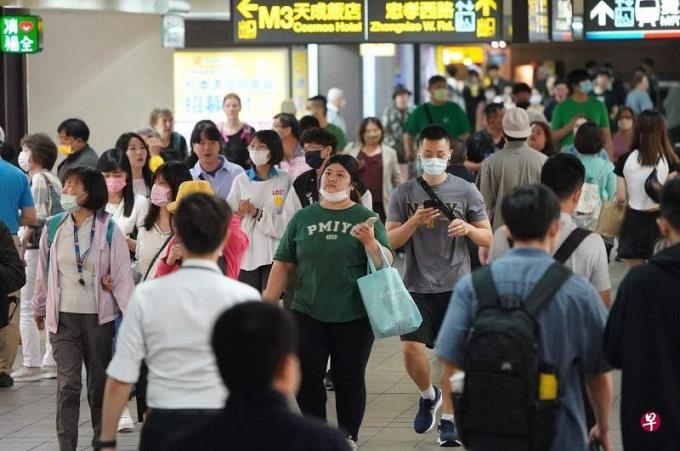
One week ago, the World Health Organization in Geneva released a major information. After the crisis of the crown disease, the WHO member states are consulting a large epidemic agreement.It must be a "historic agreement" to make huge changes in global hygiene and security practices.This can be regarded as the self -expectation of WHO itself, and it is also in line with global expectations.In 2015, the 195 member states of the United Nations eliminated the Paris Agreement on the topic of common fate of human beings such as climate change and jointly strive to prevent the environmental problems of climate warming.Have enough confidence to complete this historical task.Many issues of interest have yet to be overcome, and they are not talking about it.
Earlier this month, the World Guard announced that crown diseases are no longer constituing a global health emergency. Now that WHO reviews the failure and failure of countries in the past three years, countries can learn from self -examination.The experience of various countries and international cooperation provide a reference for the major epidemic agreement.At the beginning of the outbreak of crown diseases, countries seemed to be unprepared, thinking that this was only a global disaster that occurred in China, and eventually caused at least 20 million people to die. It was unexpected.
The Singapore government released the white paper in Singapore in March this year, summarizing the anti -epidemic experience and the measures to be taken by the future crisis.Minister of Health Wang Yikang explained the three major decisions during the White Paper on the White Paper on March 21 to evaluate the performance of Singapore's crown disease: Singapore effectively uses the hospital as a single defense, attach importance to and improve the vaccination rate of vaccination, and increase the rate of vaccination.And carefully decide when to reopen the border.He said that the three decisive analysis and judgment allows Singapore to respond to the performance of crown diseases, different from many other countries to ensure that the mortality rate of crown disease is maintained at a low level.Different national conditions in various countries have led to different performances in response to the epidemic. The most important decisive factor is the people's trust in the government.Western liberalism prevails, and even the most basic requirements of wearing masks are also challenged.In addition, to this day, the false information about vaccines on the Internet is still circulating, bringing confusion to the people of all countries.
The United States leads Western and allies to compete for the rise of Chinese forces, and unfortunate resistance has become another strong battlefield.Former US President Trump deliberately referred to the epidemic that first set out in Wuhan, China as the "Chinese Plague" to arouse anti -China mood worldwide.On the issue of traceability of coronal virus, WHO was also under tremendous pressure from the United States.Because Tan Desai insisted on his professional position and refused to politically politically, attracted the dissatisfaction of the United States, and once wanted to pull him down from the seat of the Supreme Leader of the WHO.Therefore, the new major epidemic agreement must clearly specify that in the era of the developed civil aviation industry, big popularity is a public health issue faced by humans and should be avoided.The same tricky is how the commercial interests in the pharmaceutical industry are reconciled.
During the popularity of crown diseases, with the support of the WHO and Global Vaccine Immunization Alliance (Gavi), the Global acquisition mechanism (COVAX) of the crown vaccine provided nearly 2 billion doses of coronary vaccines to emerging countries.However, this global cooperation mechanism is still unable to avoid the accumulation of vaccines in the wealthy country, and the people of many poor countries cannot obtain the dilemma of vaccine in time.Wang Yikang supported the regionalization of disease vaccine production at the Summary of the World Health Conference. At the same time, the regional center of responsible for production must promise to export vaccines from production and share vaccine supply with other countries.This will be able to protect the small country.
Twenty years ago, WHO controlled the convention of the convention through Tobacco Control of Tobacco to promote the global hygiene paradigm.Faced with the threat of tobacco to human health, countries are more likely to reach consensus. To deal with global popularity is a more complex and arduous human disaster. However, this is the most effective mechanism through global cooperation and multilateralism.


